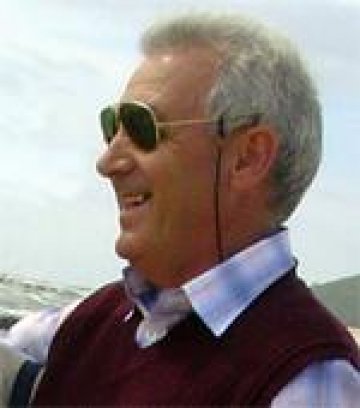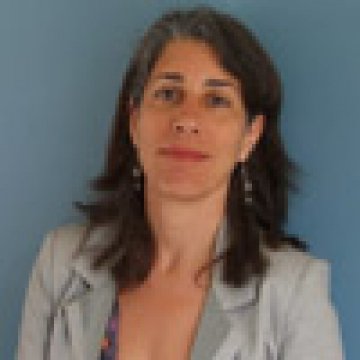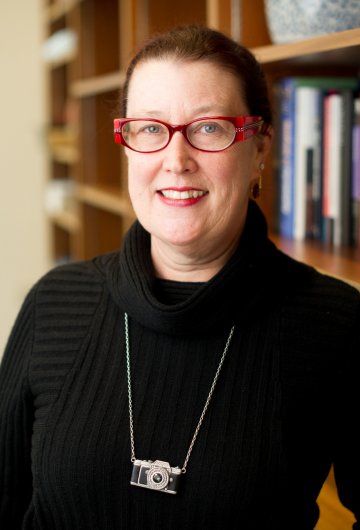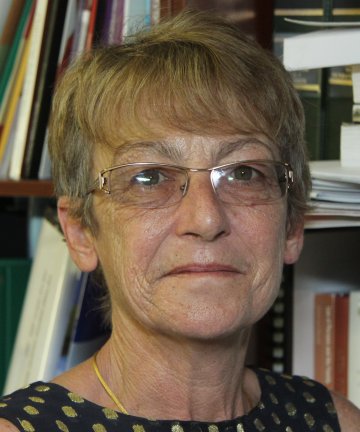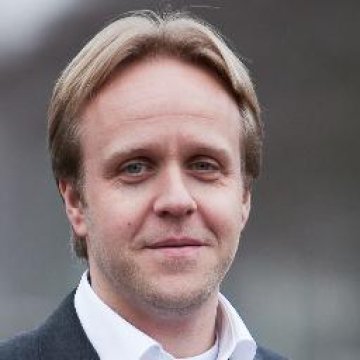Based on his thirty years experience of recognized research, he explains his studies on sexual, emotional and social young people’s development. Thanks to his experience, he comments new innovative programs being developed in the field of prevention and intervention with adolescents who commit sexual abuses. Mr. López Sánchez also explains what are the training needs for professionals who are in contact with these young people and who strive to help them and give them a better future. Finally, he speaks about the importance of promoting sex education to young people in schools to make them understand how to behave and why.
IJJO Interviews
ESP
Spain
USA
United States
In this interview, Nancy Fishman describes the activities and the programs undertaken by the Center for Court Innovation, as well as the innovative methods employed. This institution, based in New York City and whose main goal is to reduce the level of crime, has helped to lower the deprivation of liberty rates of this city. In these lines, she will, among other issues, tell us about the projects against youth armed violence that are being carried out, as well as about the programs that have been devised to address a problem that adolescents have to face in this city, namely that of being treated as adults before the judicial system.
Ms. Terrie Moffitt is mainly interested in the area of antisocial, violent and criminal behavior and in particular her work focuses on human development. Among her main concerns belong the problems of depression, psychosis and the drugs abuse among criminal offenders. Her expertise introduces us into the problematic of behavior of people in trouble with the law and their health and social situation. She also explains the effects of this difficult situation on their physical and mental health. Besides, Ms. Moffitt distinguishes two kinds of criminal offenders, the early once and the latecomers, and she describes their different models of life that are the principal causes of their troubles with the penal system. At the end, she introduces us a new field, called developmental criminology, which is a branch of the criminology department.
ZAF
South Africa
Professor Julia Sloth-Nielsen speaks about the children's rights current reforms, in many African legal systems, slowly being implemented. Although progress is evident, the expert believes that there is still much to be done because legal frameworks are very recent and there is a need for review if needed so restorative practice could be implemented. However, Professor Sloth is optimistic and emphasizes, therefore, the work done by both the African Committee of Experts on the Rights and Welfare of the Child (ACERWC) and by the Children's Rights Project of the Community Law Centre at the University Western Cape which she led for nearly 20 years.
NLD
Netherlands
Prof. Dr. Ton Liefaard offers his extensive knowledge in the field of international law and international and European legal standards regarding juvenile justice. He also exposes the challenges and objectives of the course ‘Juvenile justice within Europe from an International perspective’ of the “International Juvenile Justice School (ISJJ) as the first online initiative that addresses the issue of juvenile justice exhaustively.
